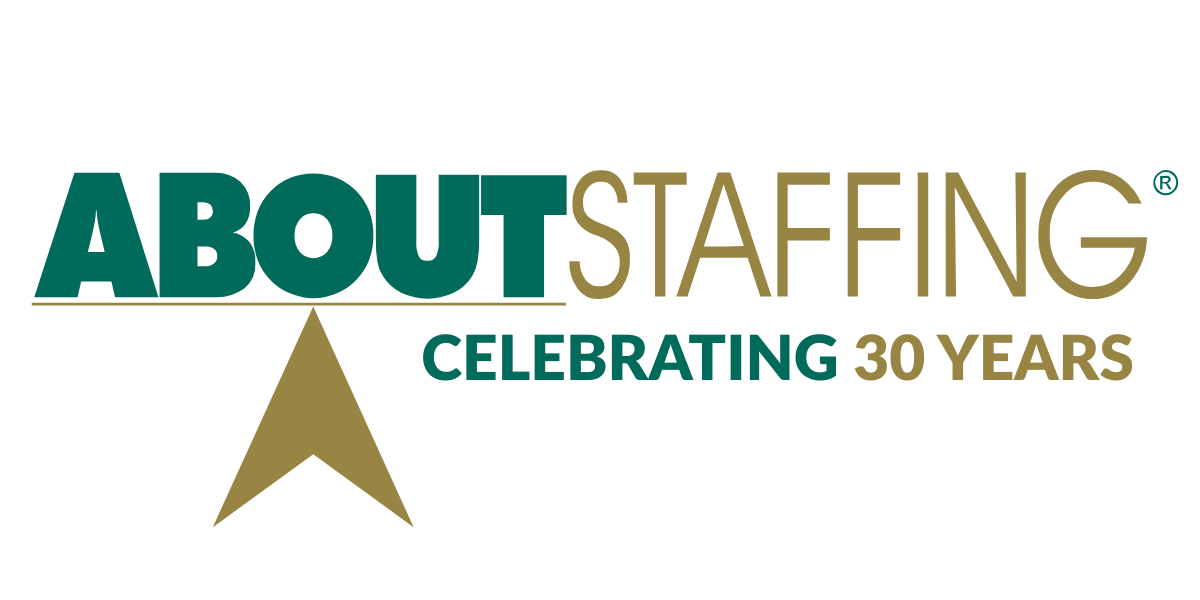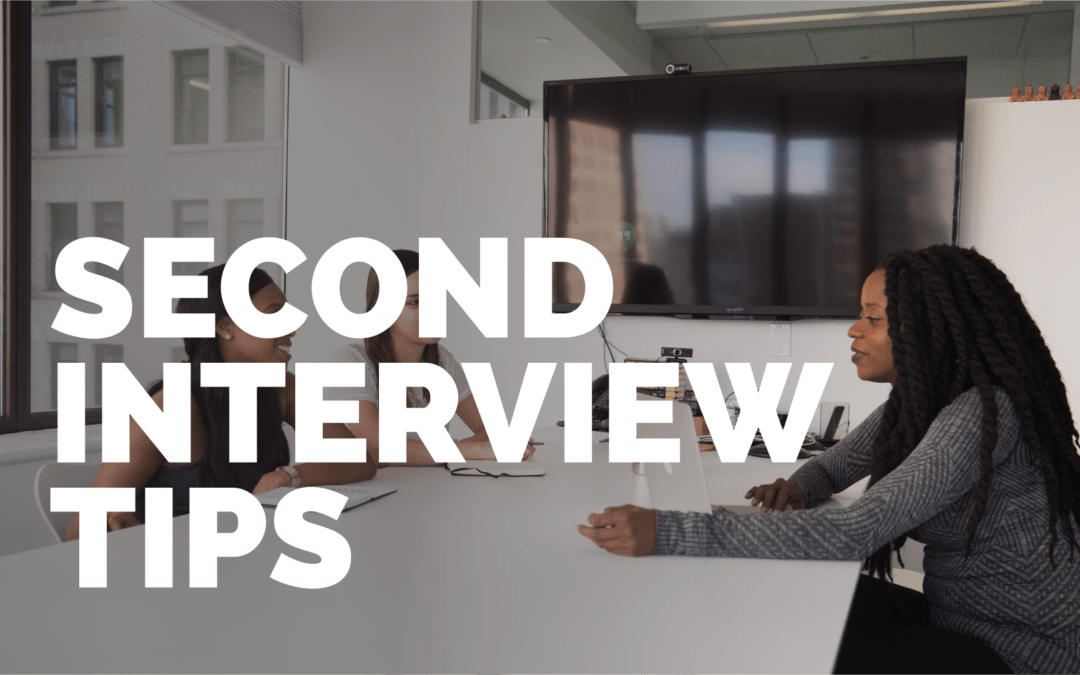Second Interview Tips
When you get a second job interview, you may be equal parts excited– after all, that’s one step closer to an offer!– and confused. What is there left to discuss?
A second interview takes a slightly different format than the first because it serves a different purpose. Often, the first job interview helps to determine whether or not you would be a good fit for the company and the culture, while a second one goes into greater depth to ultimately determine if you truly have the skills and knowledge to complete the required tasks themselves.
You can prepare for your second interview in the same way that you did the first: research, research, research. This time, you will have to practice answers to different interview questions as well, so be sure that you prepare accordingly.
Below, we take a look at some great tips for those who are starting to prepare for a second interview.
Reflect on Your Initial Interview
Think back on the first screening interview that you had. One of the perks of having a second interview is that you have gotten a feel for the interviewers during that first conversation, so you can try to use the second interview to clarify things that you may have made confusing, or add in points that you had neglected to mention.
Are there any topics that you feel you glossed over that you can expand on in this second interview, for instance? Reflecting can help you to present a stronger candidacy to the interviewing team. In some situations, the second round may be a panel interview with other team members. In this case, you can still reflect on your performance in the first round interview, however, clarification may not be an option.
Ask for the Agenda
Another way to help you properly reflect and prepare is to ask for the agenda of the second interview. Often, an interviewer will have sent you this already, but if not, do not be afraid to ask. This will help you to avoid feeling caught off guard by certain topics or questions, and can help you to formulate better, more all-encompassing answers in advance.
While they likely will not tell you exactly what questions will be asked during the conversation, knowing the layout of the day can help you to predict certain questions or topics, and in turn prepare answers to the best of your knowledge.
Research
Research and preparation is pretty crucial to any interview, whether a first or a second interview. However, with a second interview, you will want to specifically research your industry or trade. Brush up on any news in the industry, new regulations or rules, and anything else that may come into play during the interview process. You will want to appear knowledgeable and be able to accurately convey the amount of time that you have spent in your industry or in your trade.
The agenda will usually give you a clue as to the style of the job interviews– for instance, a technical interview may be a deeper dive into your skillset. It also doesn’t hurt to do more research on the company website and on your interviewers, just like you should have done for a first interview. You should also treat what you learned during your previous conversations as research. Things that you picked up in the first round can often give you an advantage if you get chosen for another interview. This will allow you to give better answers to the typically more in-depth questions.
Prepare Your Own Questions
After your first interview, you may have walked away with some questions– or maybe some questions popped up between the first and second interviews, while doing your prep. Either way, you should prepare your own set of questions about the job or the company to ask during your second interview.
Often, at the end of the interview, the interviewers will even give you the floor to ask your questions, so you do not have to take as much initiative to do so. Besides giving you the answers to your important questions, this will also help to show that you are serious about the job opportunity, since you want to learn more and are using your critical thinking skills!
Dress Appropriately
It is common advice to dress for the job you are looking to attract. This is more important than ever with second interviews, as some first interviews are not held in person, but over the phone– meaning that the second interview is your first chance to make that visual first impression. You will want to be sure that you dress respectfully and professionally. If you are in doubt, it is always better to be a bit more overdressed, rather than underdressed. (And if the dress code is truly that confusing, this can be one of the questions you prepare for your second interview!)
Usually, it is fairly easy to discern the required dress code, based on the industry or the profession. If you are given an itinerary or agenda for the day, the dress code may even be detailed on that sheet.
To expand on this section, ensure your body language fits the dress code. Make sure you are showing confidence with good posture and by making eye contact during the discussion.

Frequently Asked Questions
How do I prepare for a 2nd interview?
If you are granted a second interview, this is definitely a good sign! You can prepare for it similarly to how you would prepare for a first job interview, though second interview questions are typically more in-depth. Hiring Managers tend to ask probing questions rather than repeat the same questions, although every company has a unique hiring process.
Brush up on your trade so that you are able to answer targeted questions, for instance, and try to get the meeting agenda so that you can prepare more fully. You can expect the hiring manager to be present during most interviews but additional senior executives and department heads may join the second stage depending on the position.
This means your answers need to be more specific as these new interviewers will be better acquainted with the day-to-day operations of the position.
What is usually asked in second interviews?
During a second interview, interviewers will typically ask questions that are related to necessary experience and on-the-job knowledge, so that they can understand whether or not you would be able to successfully complete the day-to-day tasks that are required of the position. The types of questions are more specific than most of those that would be asked during a first interview. If you have a current job that is relevant you can use this recent experience to really show how you would handle this position. If you haven’t already been asked, be sure to prepare an answer for your prospective employer when they ask about your salary expectations
Are second interviews harder?
A second interview can be considered to be more difficult, because they are usually more intensive. They also often involve more people, more specific questions related to your experience and knowledge, and more pressure. That being said, a second interview is also a good sign and is a step closer to you being offered the job.
Does a second interview mean I got the job?
A second interview does not guarantee that you have the job that you are interviewing for. You are still required to stand out from other candidates also participating in second-round interviews. That being said, you do have a much better chance of landing a job offer if you have made it to the second interview stage.

